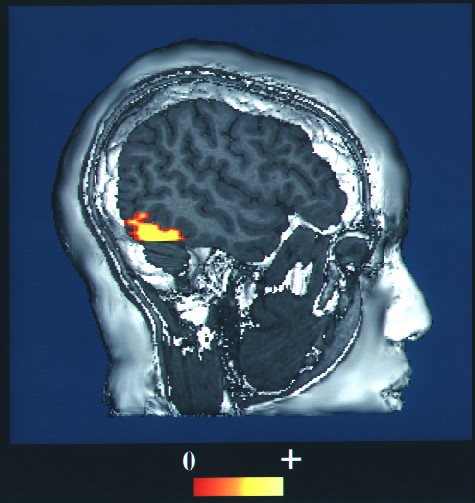Cognitive Science of Philosophy Symposium: Neuroaesthetics
Welcome to the Brains Blog’s Symposium series on the Cognitive Science of Philosophy. The aim of the series is to examine the use of diverse methods to generate philosophical insight. Each symposium is comprised of two parts. In the target post, a practitioner describes the method under discussion and explains …



